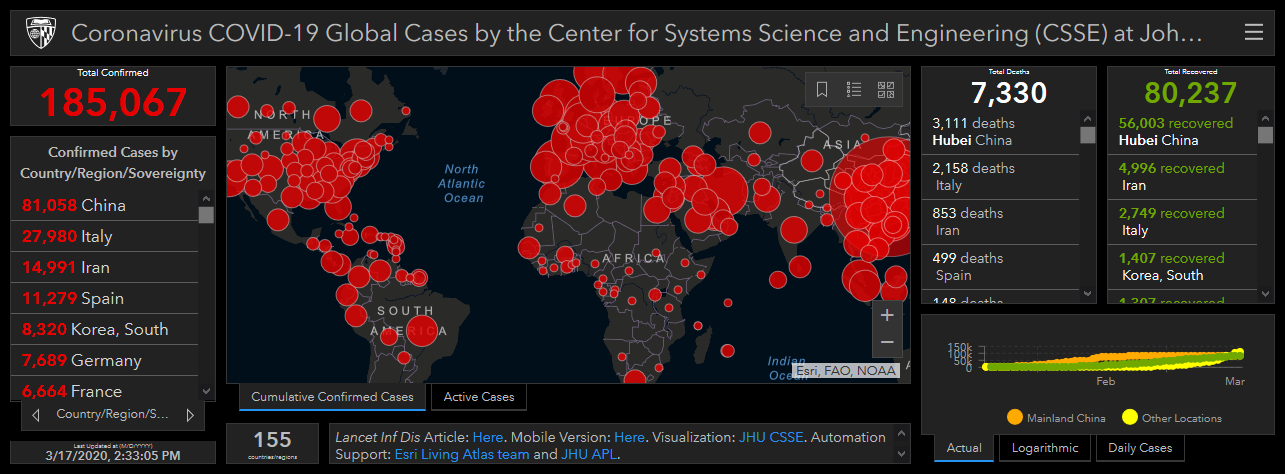ICCL supports the need for extraordinary governmental measures in these extraordinary times. However, we all need to be assured that when the emergency has passed this legislation, which foresees a significant interference with our rights, will also pass out of existence. And we need to know that there are safeguards to prevent abuse of the extraordinary powers which will be introduced by this legislation.
We make five main sets of recommendations.
1. Framing
Human rights law still applies in times of emergency. When rights are curtailed to deal with an emergency, the measures must be necessary (for example, in order to preserve the rights to life and health of our society), proportionate (they must not be too broad) and they must not discriminate against any sections of the population.
We recommend explicit reference to these principles wherever the Bill limits individual rights. This is in line with the State’s obligations under the Constitution, the European Convention on Human Rights and international human rights law.
2. Duration of the legislation and possibility for extension
The extraordinary powers created by this emergency legislation must be clearly time bound and be necessary and proportionate. ICCL highlights the potential for the misuse of emergency legislation to curtail rights beyond the period of emergency, given that this has happened in the past in this country and elsewhere.
There is a 9 May sunset clause in this legislation, with possibility for extension “in the public interest” by the Minister for Health with consent from the Minister for Public Expenditure and Reform. This is far too broad.
The threshold for extension of the legislation should be the need to meet the legitimate aim of protecting public health and vindicating the right to life.
The Bill should specify a limited time frame for extension, such as one month. We recommend that the entire Oireachtas, should have to approve every extension to the extraordinary powers under the Bill. And emergency powers such as these should always be subject to judicial review.
3. Banning mass gatherings
The powers to curtail the rights to freedom of movement and assembly that are created by this Bill are truly extraordinary from a rights perspective. The Bill must state more explicitly that all decisions that involve limiting these rights are subject to a proportionality assessment. In other words, every incidence of banning an event or type of event or meeting must be necessary and the interference must be as limited as possible to achieve the aim of protecting public health.
Strong safeguards to prevent a future government retaining these powers to ban or restrict public meetings, events, or demonstrations outside of such an emergency must be provided. This can be addressed by ensuring limited extensions all decisions are subject to a rights assessment.
ICCL also recommends that ‘expediency’ should never be used as a reason to curb rights. Measures taken that limit rights can only be taken where they are necessary.
4. Powers of detention
The extraordinary power to potentially confine individuals to their homes is outlined in this legislation. This is an extreme measure that must be qualified with a ‘reasonable excuse’ clause that would allow people to leave for certain specific and necessary reasons, such as to obtain basic necessities or medical assistance.
The power created for a medical officer to detain individuals is extraordinary from a rights perspective. Detention should always be a measure of last resort and the power to detain should be subject to rigorous accountability mechanisms. The Bill in its current form must define this power more clearly and narrowly and additional safeguards should be introduced. This includes ensuring a senior medical officer must sign off on the detention, the detention is regularly reviewed, a person detained qualifies for priority testing and the detention is subject to appeal.
The Bill creates a range of new criminal offences including criminal sanctions for those who refuse to self-isolate. Criminal sanctions should always be a measure of last resort. Where measures such as fines can be used instead, these should be considered first. Fundamental human rights principles such as the right to presumption of innocence and to a fair trial and fair procedures must be explicitly outlined.
5. Positive obligations
In order to comply with the principle of non-discrimination, the Bill must make provision for populations who cannot self-isolate or who have limited access to sanitation, for example people experiencing homelessness, prisoners, and people living in Direct Provision centres and halting sites.
Healthcare should also be provided on a non-discriminatory basis, not on the basis of those with the deepest pockets. This principle applies outside of emergencies too.
Read the full 6-page legal analysis at this link.
ICCL needs your support more than ever. Please consider becoming a member.

